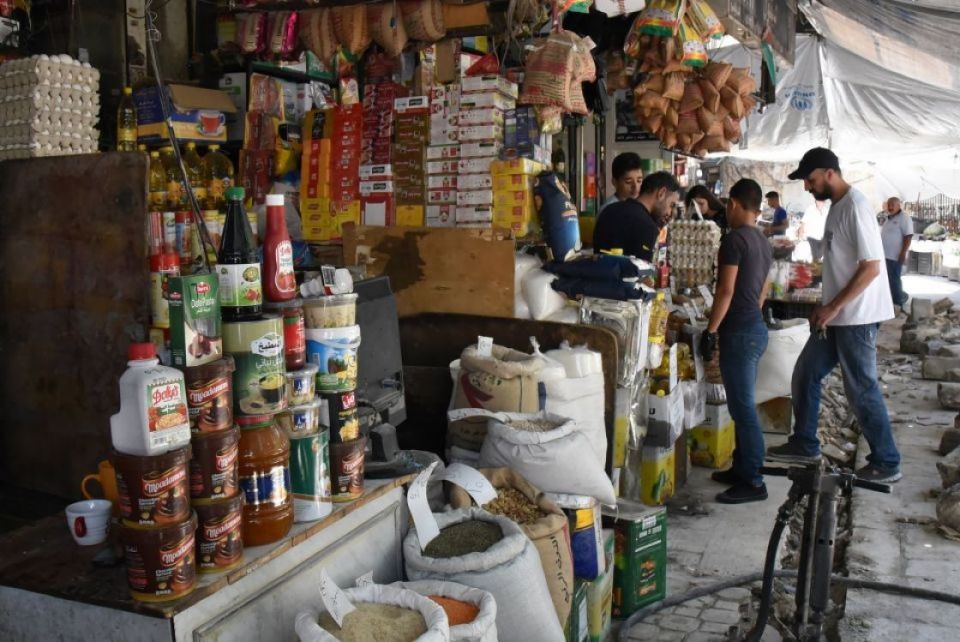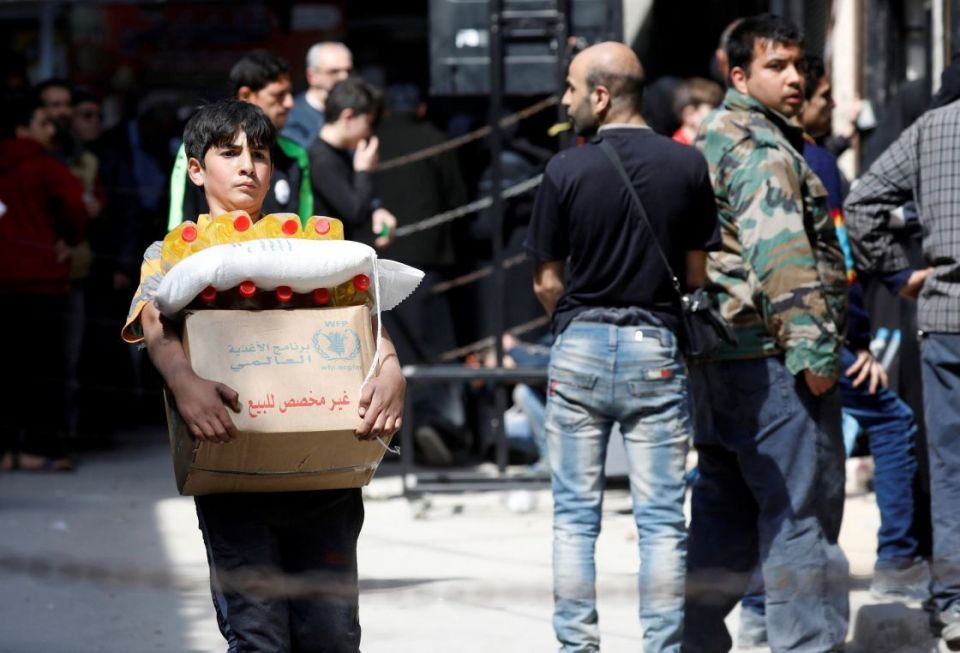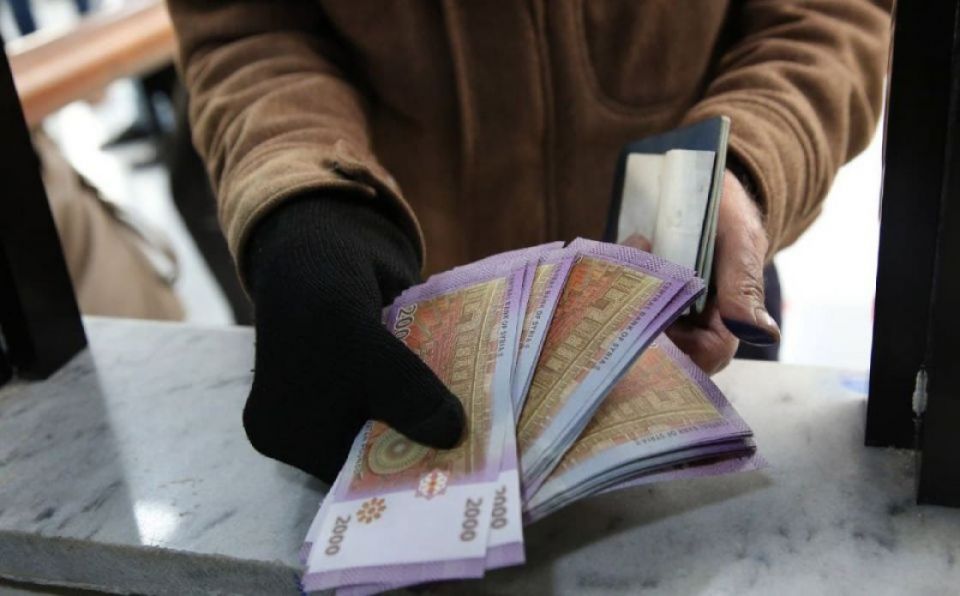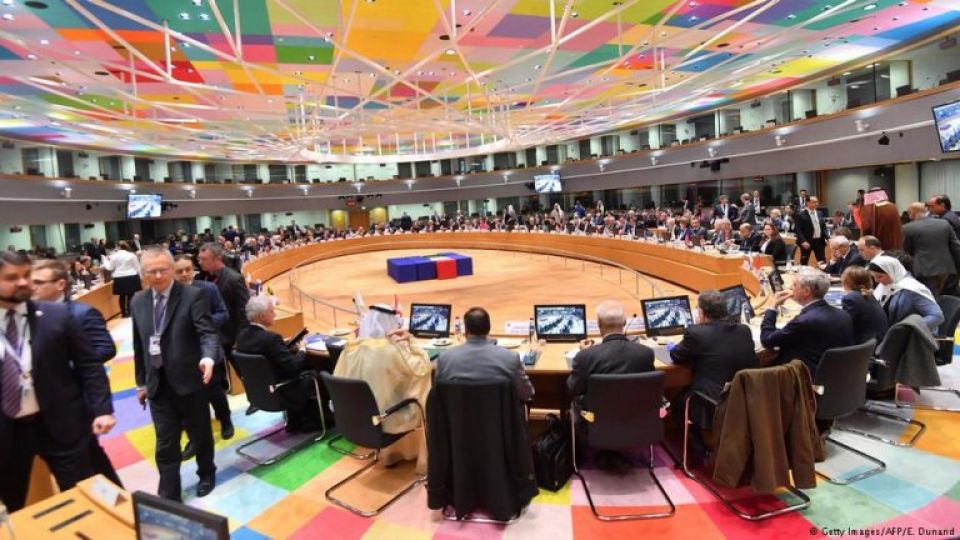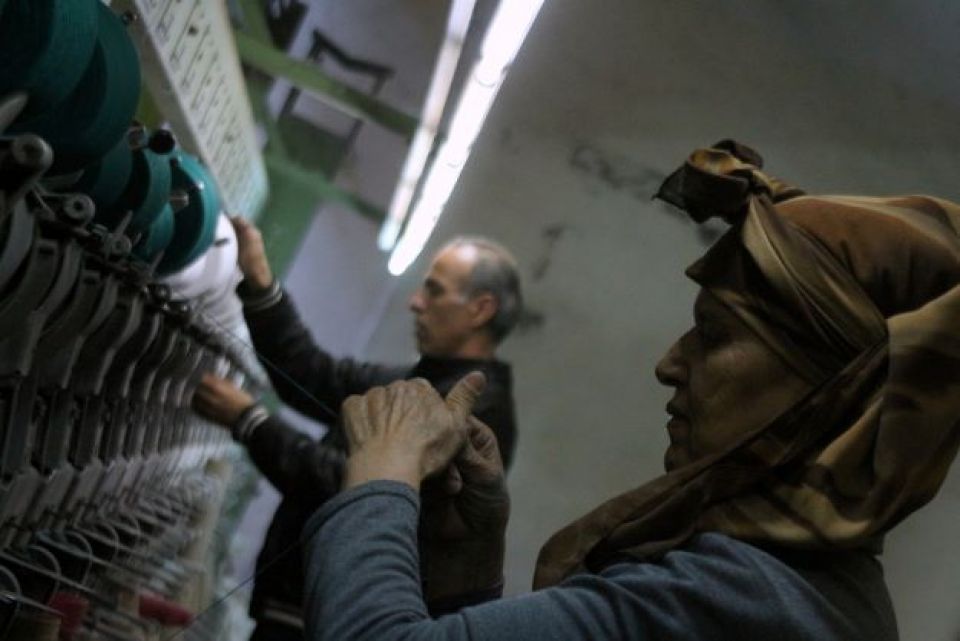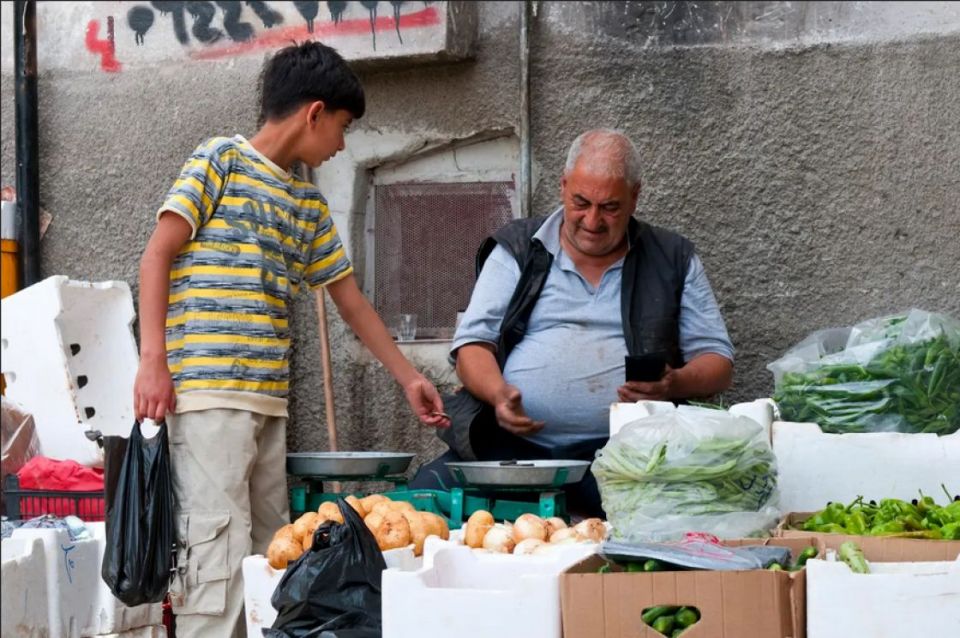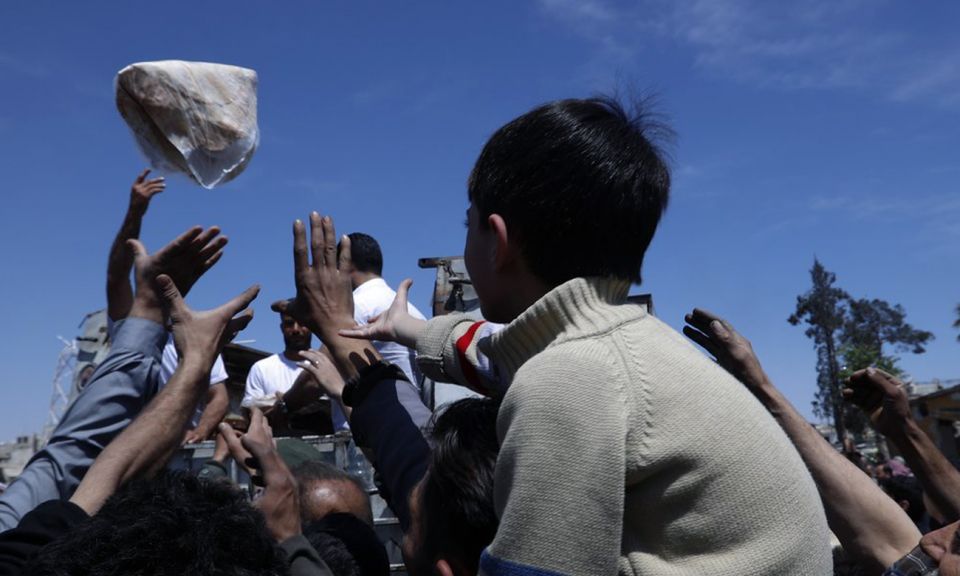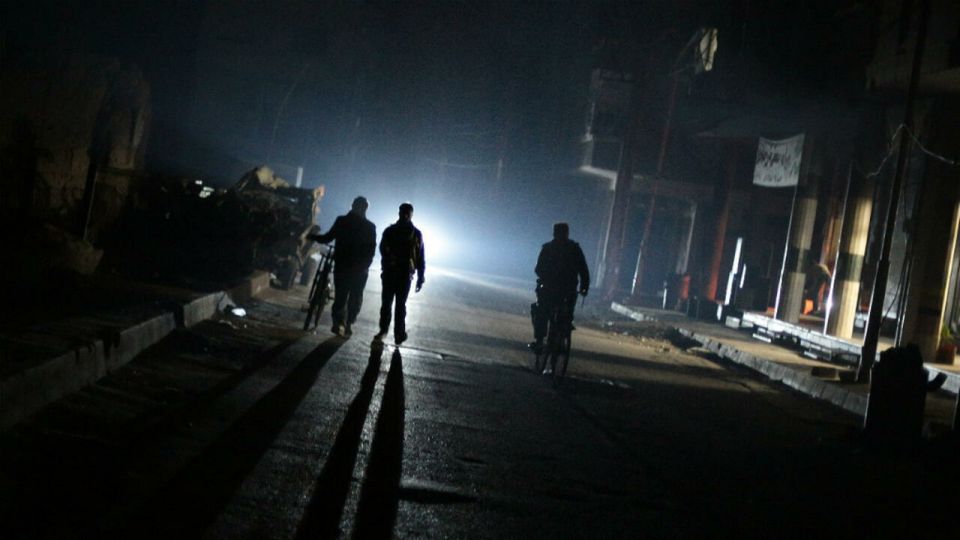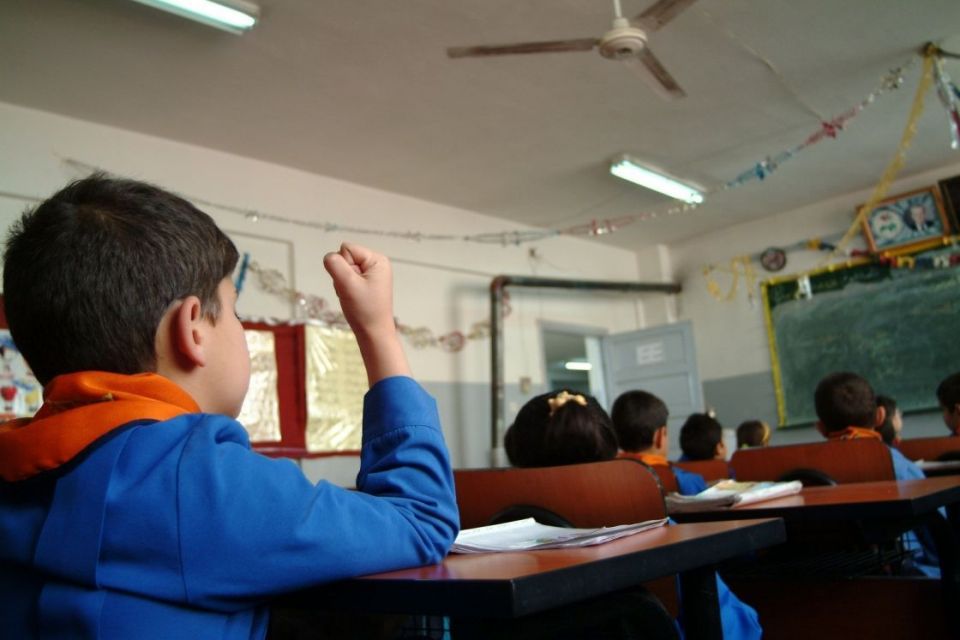
kassioun
email This email address is being protected from spambots. You need JavaScript enabled to view it.
Last Thursday, April 21, Legislative Decree No. 4 of 2022 was issued, which provides for the disbursement of what is called a «grant», with a lump sum of 75 thousand Syrian pounds for civilian and military workers, and pensioners, provided that this «grant» is disbursed only once.
Estimates of the disaster affecting the food system in Syria are increasing daily at an unprecedented pace, as there is an additional number of Syrians every year getting in a state of food insecurity, not in thousands or hundreds of thousands, but in millions. This is happening at an accelerated pace, which threatens to drag more citizens into destitution and poverty.
Shireen’s assassination and the subsequent attack on her coffin, then the reactions thereto, constitute one aspect of a broader and more comprehensive picture of the existential crisis the “Israeli entity” is experiencing.
In the previous issue 1064, Kassioun newspaper published the index of Kassioun for the cost of living at the end of March 2022, in which it showed that the average cost of living for a Syrian family of 5 is 2.8 million Syrian pounds. It increased by about 833,405 Syrian pounds from the average cost that was recorded in the beginning of the current year. This has not been farfetched to millions of Syrians who are witnessing a daily and aggravated increase in the prices of basic food commodities necessary for their survival.
On the 9th and 10th of this month, the sixth edition of the Brussels Conference for the “international donors of Syria” will be held. While this edition does not differ much from its predecessors with regard to its “symbolic” financial pledges compared to the catastrophic situation of Syrians, as well as the declining level of actual implementation compared to the pledges, not to mention the ambiguity of the spending mechanisms and its recipients, it does differ in two main things:
International Labor Day comes at a time when the Syrian working class is at its poorest and most oppressed conditions. While this holiday, in its Syrian dimension, does not bring any joy, especially for the Syrian worker, it more intensively carries the struggle and revolutionary values needed for the radical change of the catastrophic reality this worker is living, and such is the tragic reality of his country.
At the beginning of Ramadan 2022, the average cost of living for a Syrian family of 5 has exceeded 2.8 million Syrian pounds according to Kassioun index. It is an unprecedented increase within a record period of time that threatens millions of Syrians who are witnessing a catastrophic gap between the costs of living and the minimum wage of Syrian workers, which remains at the threshold of 92,970 Syrian pounds (i.e., less than half of the cost of the minimum amount of food per working individual alone)!
US and Western sanctions are nothing new, they go back to more than 70 years, though their harshness varies from one place to another and from time to another.
Not dealing with the electricity crisis as a priority rises to the level of national irresponsibility, as it contributes effectively to emptying the country of its people, perpetuating division, additional deterioration of living standards, and the Zionist plans for the country and its people.
Like other Syrian fields of activity, the sector of education with its two sides – education and higher education – has deteriorated rapidly throughout the years of the crisis. Apart from occasions’ slogans about the importance of the education sector in the country, figures reveal a disastrous decline at all levels in this sector, including government spending on it, which kept rapidly shrinking and reducing until we reached a point where the government (discretionary) spending on the education sector in 2021 has not even reached a quarter of what it used to be in 2010.


